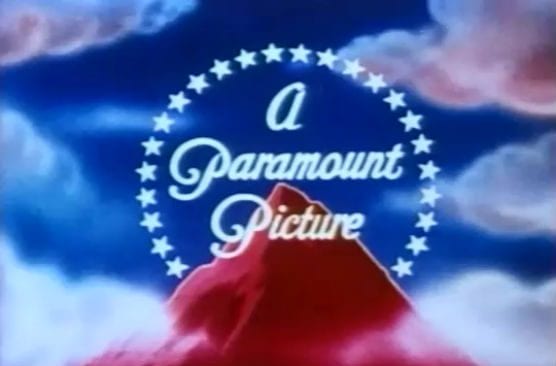A federal court in the Southern District of New York on Friday terminated the Paramount Consent Decrees, which for more than 70 years have regulated how certain movie studios distribute films to movie theatres.
The review and termination of these Decrees were part of the Department of Justice’s review of legacy antitrust judgments that dated back to the 1890s and has resulted in the termination of nearly 800 perpetual decrees.
“We appreciate the Court’s thoughtful opinion and ruling today granting our motion to terminate these outdated Paramount Decrees,” said Makan Delrahim, Assistant Attorney General for the Justice Department’s Antitrust Division.
“As the Court points out, ‘Gone with the Wind,’ ‘The Wizard of Oz’ and ‘It’s a Wonderful Life’ were the blockbusters when these Decrees were litigated; the movie industry and how Americans enjoy their movies have changed leaps and bounds in these intervening years. Without these restraints on the market, American ingenuity is again free to experiment with different business models that can benefit consumers.”
In summary, the Court concluded that the government had offered a persuasive explanation for why termination of the Paramount Decrees serves the public interest in free and unfettered competition. The conspiracy and practices that existed decades ago no longer exist. New technology has created many different movie platforms that did not exist when the Decrees were entered into, including cable and broadcast television, DVDs, and streaming and download services.
The litigation underlying the Decrees dates back to 1938. After several years of litigation, including a Supreme Court’s decision in United States v. Paramount, 334 U.S. 131 (1948), the Antitrust Division and the defendants entered into a series of consent decrees, collectively called the Paramount Decrees.
These Decrees required the movie studios to separate their distribution operations from their exhibition businesses. They also banned various motion picture distribution practices, including block booking (bundling multiple films into one theatre license), circuit dealing (entering into one license that covered all theatres in a theatre circuit), resale price maintenance (setting minimum prices on movie tickets), and granting overbroad clearances (exclusive film licenses for specific geographic areas).
The Court terminated the Decrees, effective immediately, but allowed for a two-year sunset period on the Decrees’ provisions banning block booking and circuit dealing.
This sunset provision was at the request of the Antitrust Division to allow the theatre and motion picture industry to have an orderly transition to the new licensing changes.
Like this:
Like Loading...
Related





 Tweet This
Tweet This Facebook
Facebook Digg This
Digg This Bookmark
Bookmark Stumble
Stumble RSS
RSS


























REAL NAMES ONLY: All posters must use their real individual or business name. This applies equally to Twitter account holders who use a nickname.
0 Comments
You can be the first one to leave a comment.